S.M.A.R.T. clothing recycling
Helping communities manage clothing and textile recycling; NCTO welcomes new president.
The Secondary Materials and Recycled Textiles Association (SMART), Bel Air, Md., is taking several positive steps focusing on the issues surrounding clothing collection bins, as part of its continuing effort to provide leadership in the clothing and textile recycling industry. The association recently developed a package of documents designed to help local governments considering measures to manage clothing collection bins in their communities. In addition, a committee of chief executives whose companies operate collection bin programs has been formed to make recommendations to promote clothing recycling through collection bins that meet the approval of local communities.
SMART is an international trade association representing companies in the for-profit clothing and textile recycling industry. “SMART is trying to educate government officials, and the public, on the importance of clothing and textiles as recyclable products and the many contributions the industry is making in local communities, while at the same time working to guarantee gold-standard business practices and transparency in the industry,” says Jackie King, executive director of SMART.
According to King, SMART has written a position paper and draft legislative language to help elected officials that are considering possible measures for regulating collection bins, and to ensure they are appropriate for their own communities. The position paper outlines the important role that clothing recycling plays in helping local communities achieve key economic, environmental and philanthropic objectives, and describes the features of a legislative measure that will protect the interests of the community and its people while preserving the industry’s vital contributions. The template ordinance, meanwhile, serves as a concrete example of such a measure and requires companies placing clothing collection bins to clearly state on its collection bins that it is a for-profit company. The draft ordinance also requires companies to meet all local zoning and permitting requirements, to have permission before placing a bin, to clearly provide contact information on the collection bins, to maintain the bins on a regular schedule, and to respond in a timely manner should a complaint be received about a particular collection bin.
“Local legislators should consider clothing to be a recyclable, just like aluminum cans, plastic bottles, newspaper and cardboard. Clothing collection bins are a convenient alternative that encourages the public to direct clothing into the recycling stream and out of local landfills,” says King. “In its study of municipal solid waste, the EPA states that 22.18 billion pounds of textiles are annually placed in municipal landfills, while only 4 billion pounds are recovered through reuse or recycling; of those 22 billion pounds in landfills, fully 95 percent could have been reused or recycled.”
For additional information, visit SMART. To download the iRecycle app, visit Earth 911. The app allows users to find clothing and textile recycling drop-off locations in their areas.










